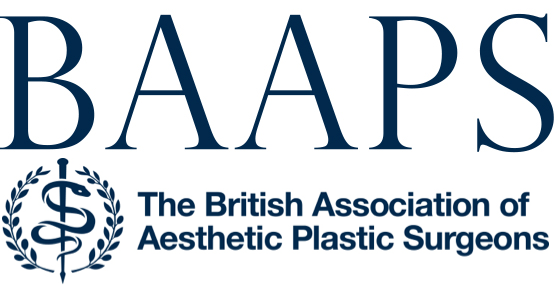-
Views
-
Cite
Cite
Emily A Spataro, Cherian K Kandathil, Mikhail Saltychev, Cristen E Olds, Sam P Most, Correlation of the Standardized Cosmesis and Health Nasal Outcomes Survey With Psychiatric Screening Tools, Aesthetic Surgery Journal, Volume 40, Issue 12, December 2020, Pages 1373–1380, https://doi.org/10.1093/asj/sjaa004
Close - Share Icon Share
Abstract
Identifying mental health disorders, including body dysmorphic disorder (BDD), is important prior to rhinoplasty surgery; however, these disorders are underdiagnosed, and screening tools are underutilized in clinical settings.
The authors sought to evaluate the correlation of a rhinoplasty outcomes tool (Standardized Cosmesis and Health Nasal Outcomes Survey [SCHNOS]) with psychiatric screening tools.
Patients presenting for rhinoplasty consultation were prospectively enrolled and administered mental health instruments to assess depression (Patient Health Questionnaire-9), anxiety (Generalized Anxiety Disorder-7), and BDD (BDD Questionnaire-Aesthetic Surgery [BDDQ-AS]) as well as the SCHNOS rhinoplasty outcomes scale. Convergent validity of SCHNOS scores with these mental health instruments was assessed as well as calculation of an optimal SCHNOS-C score to screen for BDD.
A total 76 patients were enrolled in the study. The average SCHNOS-O score (standard deviation) was 46.1 (34.0) and the average SCHNOS-C score was 61.1 (27.0). Five (7%) patients screened positive for depression, and 24 (32%) patients screened positive for mild, 5 (7%) for moderate, and 4 (5%) for severe anxiety. Twenty-four (32%) patients screened positive for BDD by BDDQ-AS scores. SCHNOS-O and SCHNOS-C did not correlate with Patient Health Questionnaire-9 or Generalized Anxiety Disorder-7 scores; SCHNOS-C did correlate with BDDQ-AS. A score of 73 or greater on SCHNOS-C maximized the sensitivity and specificity of also screening positive for BDD with BDDQ-AS. This score correlated with a sensitivity of 62.5%, specificity of 80.8%, and number needed to diagnose of 2.3, meaning for every 2 patients with a score of ≥73 on SCHNOS-C, 1 will have a positive BDDQ-AS score.
SCHNOS-C correlates with BDDQ-AS and may help screen rhinoplasty patients at higher risk for BDD.







